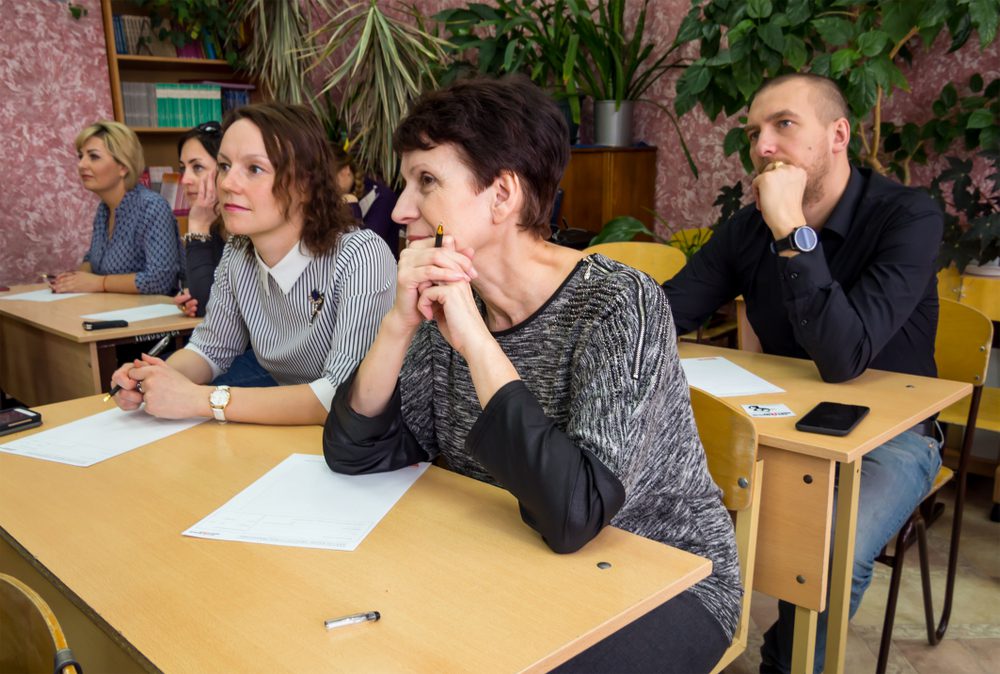Introduction
Nowadays, with technology permeating every part of our lives, parents and other caregivers place a high premium on their children’s safety. Since there are possible hazards associated with engaging in online activity, the responsibility extends beyond the real world and into the virtual one. We’ll look at methods and advice for protecting kids’ safety online and off in this extensive guide.
- Establish Open Communication: To begin, cultivate an environment that welcomes candid dialogue. Encourage kids to talk about their ideas, worries, and experiences without worrying about being judged. This builds a foundation of trust, increasing the likelihood that they will confide in you in difficult situations.

- Teach Online Etiquette: Instruct kids on the value of responsible digital behavior and online manners. Stress how important it is to respect other people, stay away from cyberbullying, and be aware of the risks involved in sharing personal information online.
- Set Explicit Boundaries: Define explicit, age-appropriate boundaries for activities that take place offline as well as online. Talk about screen time limits, suitable content, and online interaction guidelines. Responsible behavior has a framework that is provided by clear and consistent rules.
- Keep an Eye on Online Activity: Keep a close eye on everything your child does online, including the websites they visit, the apps they download, and the people they communicate with. Make use of privacy settings and parental control tools to establish a safe online space that is appropriate for your child’s age and maturity.
- Teach Children About Internet Risks: Educate kids about the potential hazards associated with the internet, including inappropriate content, cyberbullying, and predators. Give them the confidence to ask for assistance when they come across uncomfortable circumstances and teach them how to spot warning signs.
- Develop Critical Thinking Skills: To assist kids in assessing information, differentiating between trustworthy and untrustworthy sources, and coming to well-informed decisions, cultivate critical thinking skills in them. Children who possess this skill set will be better equipped to navigate the intricacies of the digital age, both online and offline.
- Promote Social Media Responsibility: If your kids are using social media, teach them how to use it responsibly. Talk about the significance of privacy settings, the potential enduring nature of content posted online, and how digital footprints affect prospects in the future. Promote constructive online relationships.
- Be a Positive Digital Role Model: Since kids pick up on imitations a lot, it’s important to be a good example online. Showcase healthy coping strategies for stress management, stress the value of striking a balance between online and offline activities, and act responsibly when interacting with others online.
- Teach Personal Safety Offline: Instruct kids about personal safety in the real world. This entails being aware of traffic laws, having their address and phone number handy, and being able to identify safe havens and emergency contact information.
- Role-Play Scenarios: Use role-playing to practice both online and real-world scenarios. Children benefit from this in many ways, including the development of problem-solving abilities, improved situational awareness, and increased self-assurance in making safe decisions.
- Raise Children’s Awareness of Stranger Danger: Stress to kids that not all interactions, whether online or off, are safe when discussing stranger danger. Make sure they know how important it is to keep private information private and that they should always seek adult supervision if they feel uncomfortable.
- Oversee Internet Friendships: Persuade kids to tell you about their online pals. Make sure they are engaging with peers they know and trust by remaining active in their digital connections. Talk about the possible dangers of making online friends with strangers.
- Protect Devices and Accounts: Put security measures in place to safeguard electronic devices and virtual accounts. Make sure you enable two-factor authentication, create strong passwords, and routinely update security settings. This guarantees a safer online experience and lowers the possibility of unwanted access.
- Keep Up with Apps and Games: Recognize the apps and games your kids are using. Examine user reviews, privacy policies, and content on a regular basis to determine suitability. Learn how to use the features that facilitate communication with other people.
- Know Their Friends and Activities: Get to know your child’s friends and activities in both online and offline environments. To learn more about your child’s social circle, keep an open line of communication with teachers, participate in parent-teacher associations, and attend school events.
- Promote Healthy Screen Time: Encourage a balanced approach to screen time in order to promote healthy screen time. Encourage a range of pursuits, such as reading, creative expression, and outdoor play. To encourage better habits, designate areas and times, like before bed and during meals, where technology is not allowed.
- Promote Emotional Health: Give your child’s emotional health top priority by creating a caring and supportive environment. Be attuned to any signs of distress or changes in behavior, both online and offline. Encourage them to communicate their feelings, and when necessary, provide direction.
- Teach Your Child About Emergency Procedures: Make sure your kids know what to do in case of an emergency at home and at school. Instruct them on how to make use of emergency services, commit key phone numbers to memory, and respond appropriately in case of unforeseen circumstances.
- Remain Involved in Their Lives: Take an active role in your child’s life by genuinely being interested in their interests, friends, and struggles. Having a solid parent-child bond lays the groundwork for honest dialogue and mutual trust, which facilitates the discussion of safety issues.
- Attend seminars and workshops on parenting: Attending parenting workshops and seminars will help you stay up to date on the latest trends, risks, and safety precautions. These occasions offer insightful information and helpful tools to improve your capacity to negotiate the constantly changing field of child safety.

Conclusion
Protecting children’s welfare in the ever-changing digital and physical worlds requires a comprehensive and flexible approach. The cornerstone of this comprehensive strategy is the combination of open communication, ongoing education, and close supervision. The cornerstones that enable parents and other caregivers to successfully negotiate the complex challenges of both the digital age and the physical world are actively participating in their child’s life, keeping track of their activities, and creating a safe environment. As we come to an end, let us take ownership of the duty to lead our children with courage and resiliency, creating a setting where their safety—both online and offline—is maintained as the top priority.


